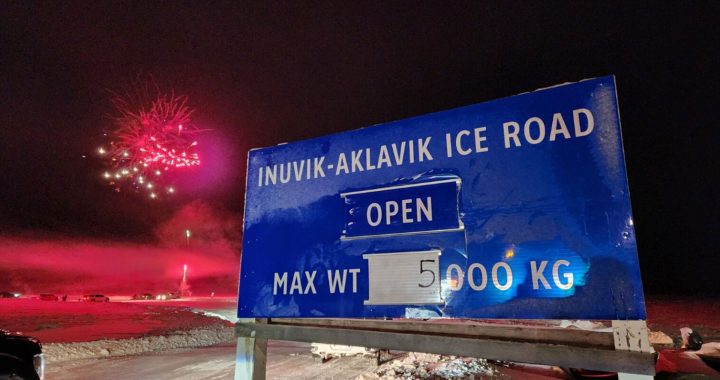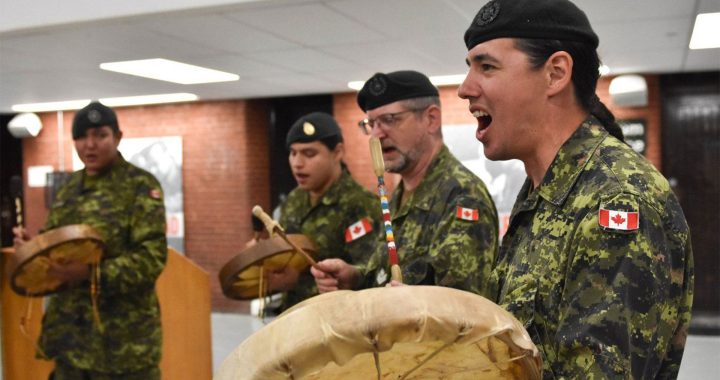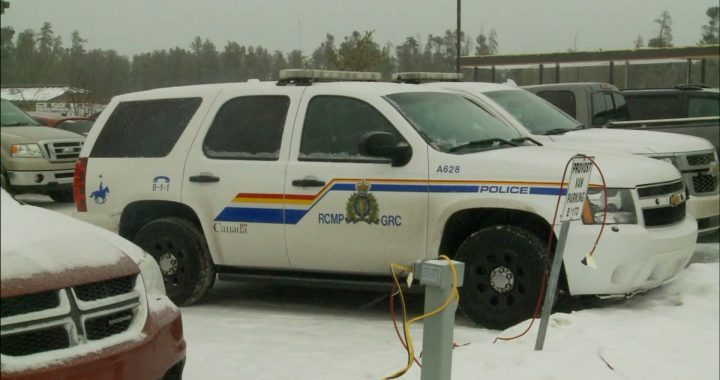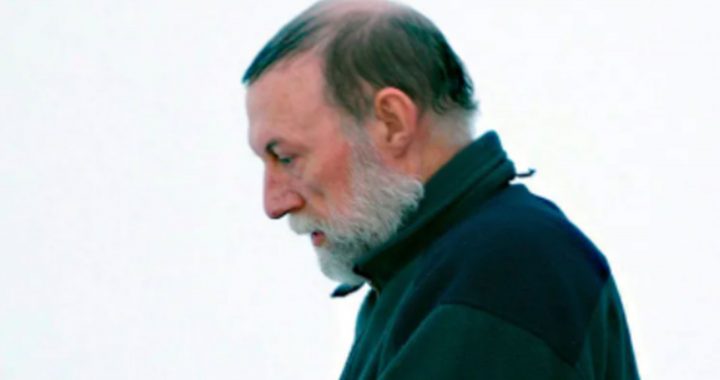The Red River College (RRC) in Manitoba is working toward implementing the Truth and Reconciliation Commission’s 94 calls to action, and it has created a specialized position to do that.
The RRC recently appointed Carla Kematch to the role of manager of Truth and Reconciliation and Community Engagement.
The new role is building on work the college has already done.
“The momentum for change has already started. The commitment is there from the college [and] from our president,” Kematch said.
“We’re looking at developing policy that will actually further assist us in making sure the changes will be long lasting and permanent.”
RRC is one of the nine post-secondary institutions who signed on to the Manitoba Indigenous Education Blueprint, which takes action on recommendations made by the TRC, the college said in a statement.
Kematch is tasked with creating programs and training for Indigenous and non-Indigenous students and administration.
She comes to the position with 30 years of experience working within the Indigenous community including policy work at the Assembly of Manitoba Chiefs for five years.
Her work there focused on promoting Indigenous hiring and recruitment.
Rebecca Chartrand, executive director of Indigenous Strategy at RRC, said part of Kematch’s job will be determining what needs to be worked on at an administration level.
“It’s not just about creating a position, a truth and reconciliation manager position, but it’s looking at how do we work with the existing infrastructure to make sure we have success,” Chartrand said.
Some of that work includes building a sweat lodge on one of the Winnipeg campuses as well as creating Cree and Ojibway language courses.
Chartrand said one of the calls to action the college is working on is No. 57, which calls for professional development and training for public servants.
“Ultimately it’s about understanding all those historical pieces that lead to unresolved historical tensions that obviously continue to play out in our workspaces,” Chartrand said.
The college has started using tools like the blanket exercise to educate staff.
As for Indigenous students, Kematch wants to make sure support extends past academics.
“Usually when students were being supported they were being supported strictly within the education setting, and they weren’t taking in factors that really could impede an individual’s success when they’re studying,” Kematch said.
“So, if you don’t have a safe house, if you don’t have child care then it makes going to school very difficult.”
This means looking beyond just graduation and employment rates, but looking at the holistic wellness of students, according to Chartrand.
She said in the end that’s what answering the calls to action is about.
“Improving the quality of life for Indigenous students, for their families [and] for communities. That’s what we want to see. Ultimately, that’s what this is about the reconciliation piece.”










